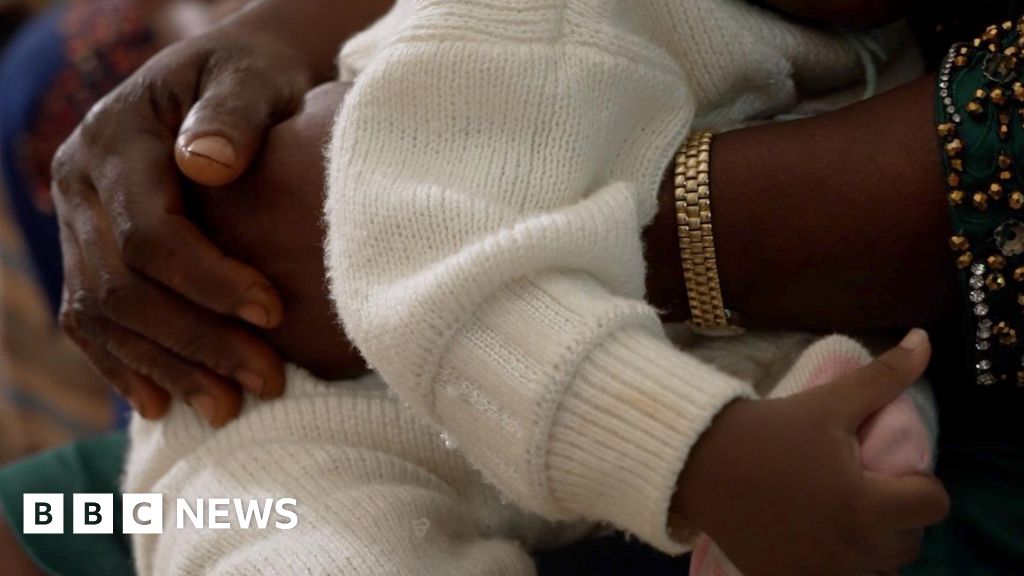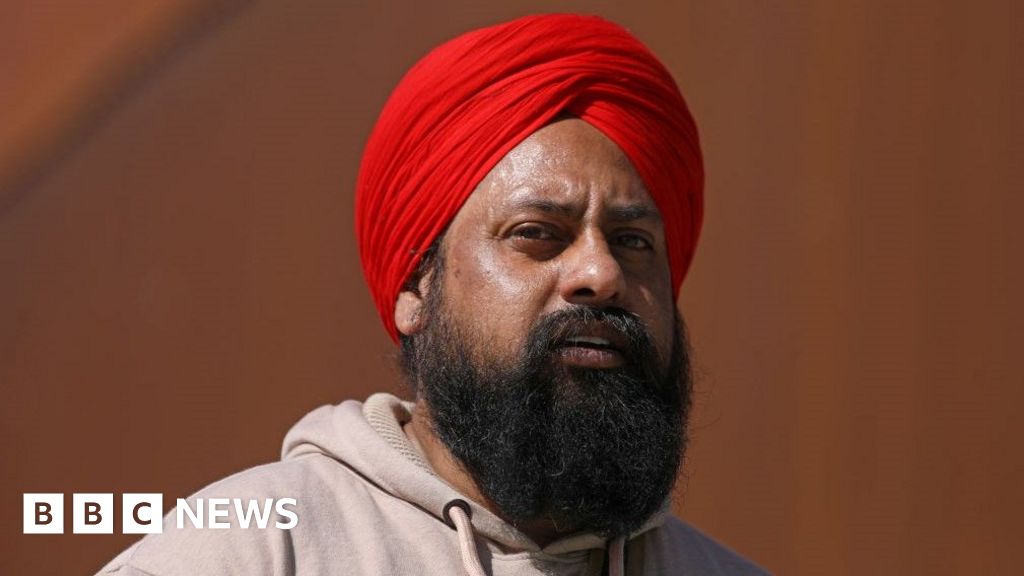With a prevalence rate of about 14.3 million Nigerians between 15 and 64 years old using drugs, the nation’s drug epidemic now demands a public health-centered solution.
According to available statistics, three million people in the country live with drug use disorders, and more than 40 percent of high-risk drug users seek treatment but cannot access it.
This crisis and the gaps in Nigeria’s drug control response were the focus of a recent media sensitisation workshop themed: “Understanding Public Health Approach to Drug Control: The Need for a Supportive Legal Framework.” Organised by the Federal Ministry of Health and Social Welfare in collaboration with YouthRISE Nigeria, in Abuja.
The event underscored the necessity of a shift from punishment-focused strategies to a compassionate, evidence-based approach grounded in public health principles.
Nigeria’s current drug control policies lean heavily toward reducing drug supply, often criminalising individuals with substance use disorders rather than addressing the health implications of drug use.
The director of public health at the Federal Ministry of Health and Social Welfare, Dr. Chukwuma Anyaike, noted that this punitive approach has not only obstructed access to prevention and treatment services but also fueled public health crises related to HIV, hepatitis, and tuberculosis among people who inject drugs.
Citing the World Health Organisation’s recommendations, Dr. Anyaike advocated for a holistic public health framework that integrates prevention, treatment, harm reduction, and access to controlled medicines. Such a policy would not only address the immediate health needs of individuals but also help stem the spread of infectious diseases.
He highlighted that, according to the 2020 Integrated Biological and Behavioral Surveillance Survey, the prevalence of HIV among Nigerians who inject drugs surged from 3.4 percent in 2014 to 10 percent in 2020, a stark indicator of the costs of neglecting a comprehensive health approach.
During the workshop, the executive director of YouthRISE, Oluwafesayo Alao, stressed the importance of media advocacy in reshaping the national conversation on drug use.
“Media has the power to tell stories that highlight the human impact of substance use and to advocate for compassionate, health-centered drug policies,” he said.
By fostering an informed, empathetic narrative, media professionals can help reduce stigma and promote public support for progressive drug policy reforms, Alao added.
A consultant with YouthRISE, Pharm. Nonso Maduka, noted that stigma and discrimination remain significant barriers to treatment in Nigeria.
He underscored the critical role of opioid substitution therapy and other harm-reduction strategies as effective tools for mitigating health risks among drug users, such as needle-transmitted infections.
Maduka pointed out that drug dependence should be treated as a health condition, not a moral failing or a crime, and he urged the media to advocate for legislative changes that reflect this understanding.
Nigeria’s approach to drug control can benefit from aligning with international standards, such as the United Nations’ 2016 General Assembly Special Session (UNGASS) recommendations, which emphasise a balanced and integrated response to the global drug problem. The African Union’s Plan of Action on Drug Control and Crime Prevention (2019-2023) and the World Health Organisation’s guidelines further advocate for a public health approach that addresses the complexity of drug use through prevention, treatment, harm reduction, and monitoring.
Implementing a framework based on these principles would not only alleviate the health and social burdens of drug use but also contribute to a safer, more resilient society.
The Federal Ministry of Health and Social Welfare believes that Nigeria can overcome its drug crisis through an integrated, evidence-based approach that values the health and dignity of all citizens.
Dr. Anyaike and other leaders expressed optimism that Nigeria is capable of adopting a balanced drug control framework, one that safeguards public health while treating drug dependence as a healthcare issue.
This shift will require collaboration among government agencies, health professionals, community leaders, and media advocates to build an environment where those affected by substance use can access the care and support they need.

 1 week ago
25
1 week ago
25















 English (US) ·
English (US) ·